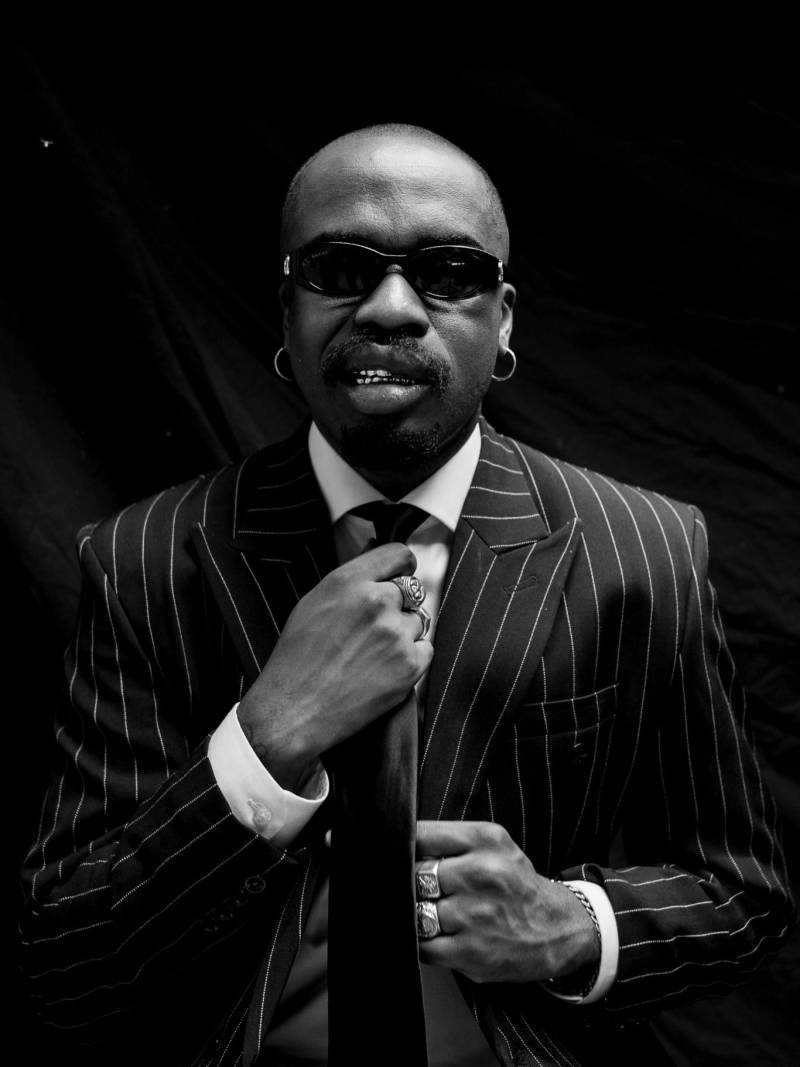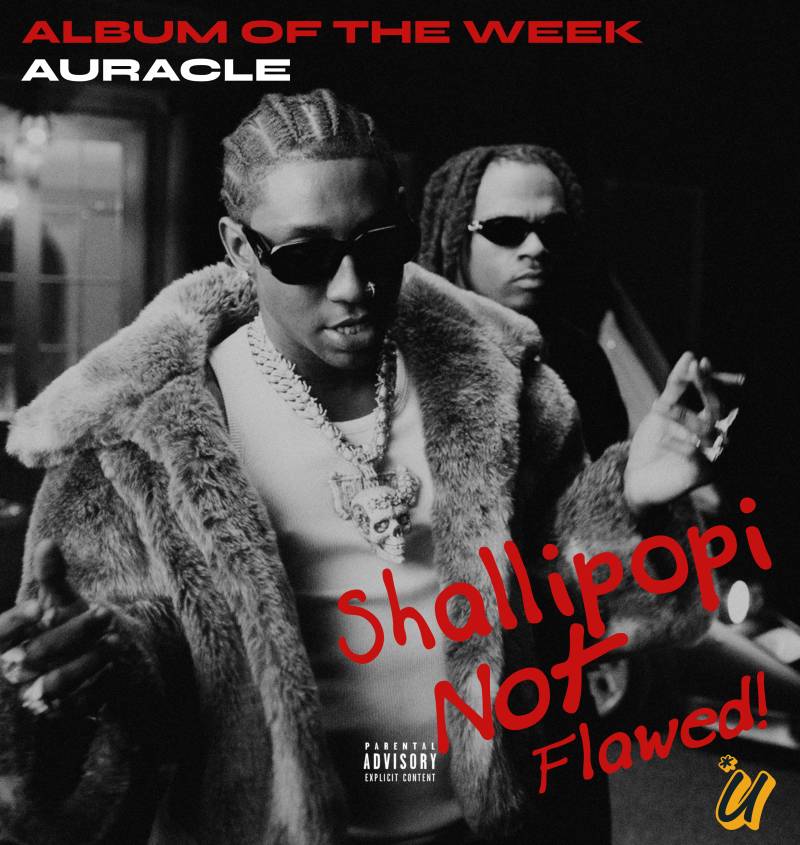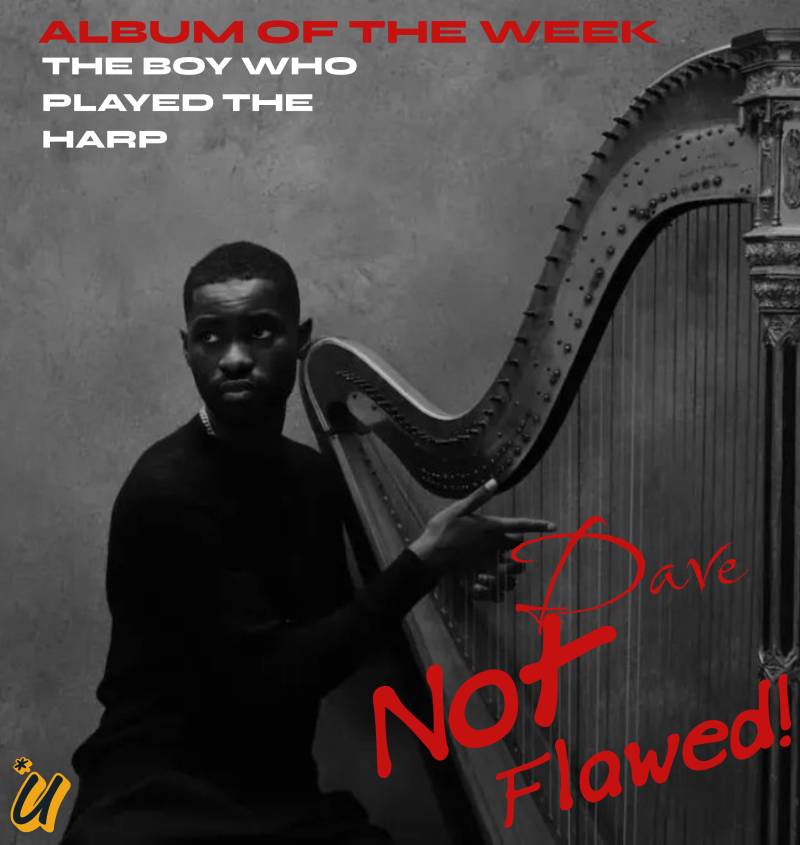The possibility the Covid virus leaked from a laboratory should not be ruled out, a former top Chinese government scientist has told BBC News. As head of China's Centre for Disease Control (CDC), Prof George Gao played a key role in the pandemic response and efforts to trace its origins. China's government dismisses any suggestion the disease may have originated in a Wuhan laboratory. But Prof Gao is less forthright. In an interview for the BBC Radio 4 podcast Fever: The Hunt for Covid's Origin, Prof Gao says: "You can always suspect anything. That's science. Don't rule out anything."
A world-leading virologist and immunologist, Prof Gao is now vice-president of the National Natural Science Foundation of China after retiring from the CDC last year. In a possible sign that the Chinese government may have taken the lab leak theory more seriously than its official statements suggest, Prof Gao also tells the BBC some kind of formal investigation into the Wuhan Institute of Virology (WIV) was carried out. "The government organised something," he says, but adds that it did not involve his own department, the China CDC. We asked him to clarify whether that meant another branch of government carried out a formal search of the WIV - one of China's top national laboratories, known to have spent years studying coronaviruses. "Yeah," he replies, "that lab was double-checked by the experts in the field." It's the first such acknowledgement that some kind of official investigation took place, but while Prof Gao says he has not seen the result, he has "heard" that the lab was given a clean bill of health. "I think their conclusion is that they are following all the protocols. They haven't found [any] wrongdoing."

The virus that causes Covid, it is almost certain, once came from bats. But how it got from bats to us is a far more controversial question, and from the start there were two main possibilities. One is that the virus spread naturally from bats to humans, perhaps via other animals. Many scientists say the weight of evidence suggests that is the most likely scenario. But other scientists say there is not enough evidence to rule out the main alternative possibility - that the virus infected someone involved in research which was designed to better understand the threat of viruses emerging from nature. Those two alternatives now find themselves at the heart of a geopolitical stand-off, a swirling mass of conspiracy theories, and one of the most politicized and toxic scientific debates of our time. In the new BBC podcast we shed light on this difficult, but vitally important, question through interviews with some of the leading scientists from all sides of the debate - as well as on-the-ground reporting, from the streets of Wuhan to the inside of a high-security laboratory in the US.
A Singapore-based scientist, Prof Wang Linfa, was visiting the Wuhan Institute of Virology (WIV), where he is an honorary professor, in January 2020, just as the coronavirus outbreak was taking hold. He tells the BBC a colleague at the WIV had been worried about the possibility of a lab leak, but that she was able to dismiss it. Prof Wang is a professor of emerging infectious diseases at the Duke-NUS Medical School in Singapore, and collaborates regularly with Prof Shi Zhengli, a professor with the same specialty at the WIV. Long-standing friends, they are two of the world's top experts on bat coronaviruses - earning themselves the nicknames Batman and Batwoman. Prof Wang says Prof Shi told him she "lost sleep for a day or two" because she worried about the possibility that "there's a sample in her lab that she did not know of, but has a virus, contaminated something, and got out". But he says that she checked her samples and found they contained no evidence of the virus that causes Covid or any other virus close enough to have caused the outbreak.

He also says there's "zero chance" that Prof Shi or anyone in her team was hiding the fact that they had found evidence of a lab leak because they were behaving like nothing happened, including going out for dinner, and planning a karaoke session. Now-declassified US intelligence suggests that several researchers at the WIV became sick in autumn 2019 with symptoms "consistent with both Covid-19 and common seasonal illnesses". But Prof Wang tells us that he suggested Prof Shi take blood samples from her team to see if they had Covid antibodies in January 2020. He says she followed his advice and all the tests were negative.



